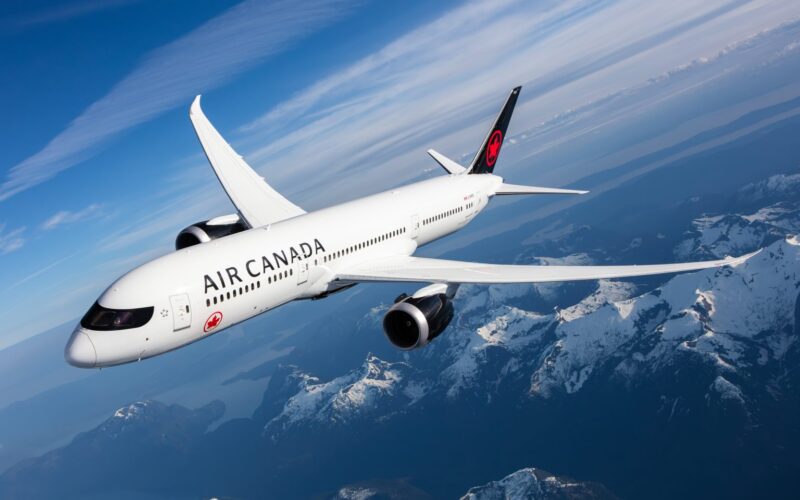Air Canada has reached a tentative last-minute agreement with its pilots’ union, securing a new four-year collective deal and averting the threat of a strike or lockout. The airline, Canada’s largest, had been preparing to progressively cancel flights and potentially halt operations by 18 September.
Under the agreement, flights for Air Canada and its subsidiary, Air Canada Rouge, which operate nearly 670 flights daily, carrying around 110,000 passengers and freight, will continue as usual.
The details of the new contract between Air Canada and the Air Line Pilots Association (ALPA), which represents over 5,200 pilots, remain confidential pending a ratification vote expected within the next month. According to ALPA, the deal is valued at an additional C$1.9 billion ($1.4 billion) over four years, reflecting a 46% increase from the previous contract that expired in September 2023.
“The new agreement recognises the contributions and professionalism of Air Canada’s pilot group while providing a framework for the future growth of the airline,” the carrier said in a statement.
“First Officer Charlene Hudy, chair of the Air Canada ALPA master executive council said, “After several consecutive weeks of intense round-the-clock negotiations, progress was made on several key issues including compensation, retirement, and work rules.”
If ratified, the new contract will retroactively cover the period from 30 September 2023, to 29 September 2027. The pilots have been pushing for wage increases to reduce the pay gap between them and US pilots, who have secured substantial raises in recent years.
Canadian Labour Minister Steven MacKinnon praised both parties, on social media platform X, for reaching an agreement and avoiding travel disruptions, noting that negotiated deals yield the best outcomes for workers and companies. Meanwhile, Prime Minister Justin Trudeau had previously stated the government would not intervene in the dispute, unlike recent involvement in rail company strikes.
Air Canada had initially offered wage increases of over 30%, along with improved pension and health benefits, but the union deemed the offer insufficient for members working under terms set in 2014.





















